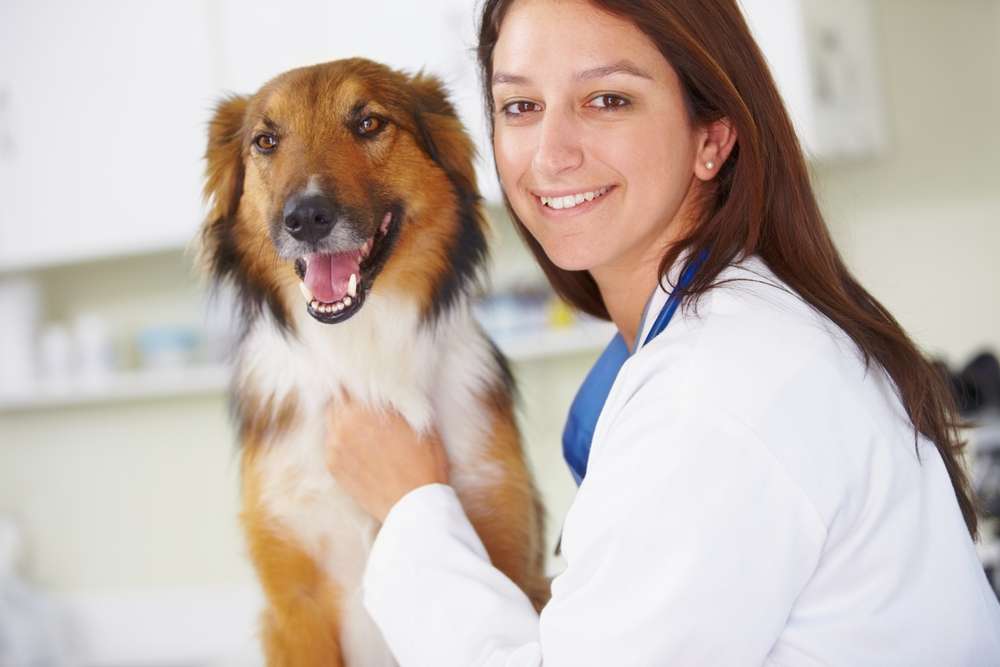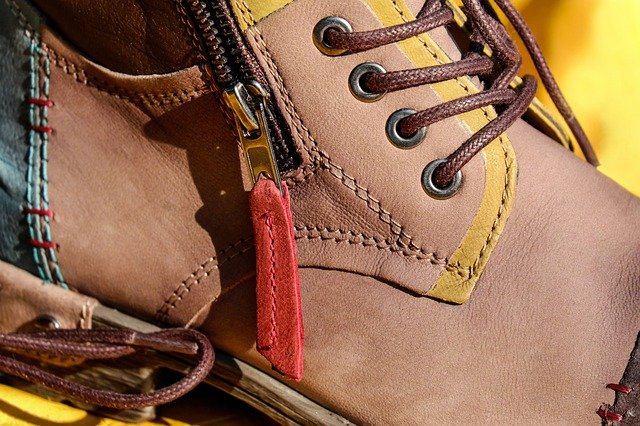Finding Puppies for Sale Near Me: A Practical Short Guide
Searching for the perfect puppy companion requires careful planning and research to ensure you find a healthy, well-socialized pet from reputable sources. This comprehensive guide walks you through essential steps for locating quality puppies in your area, from identifying trustworthy breeders and rescue organizations to understanding health requirements, asking the right questions, and preparing for your new furry family member's arrival.

Bringing a puppy into your home is an exciting milestone that requires thoughtful preparation and research. The process of finding the right puppy involves more than simply browsing online listings or visiting the nearest pet store. Successful puppy adoption depends on connecting with reputable sources, understanding health and welfare standards, and preparing adequately for the responsibilities of pet ownership.
Where to Look: Reputable Local Breeders, Shelters, and Rescue Groups
Starting your search with established, ethical sources significantly increases your chances of finding a healthy, well-adjusted puppy. Professional breeders who follow responsible breeding practices typically maintain detailed health records, provide proper socialization, and offer ongoing support to new owners. These breeders often specialize in specific breeds and can provide valuable insights about temperament, care requirements, and expected adult characteristics.
Local animal shelters and rescue organizations represent another excellent option for finding puppies. These facilities house dogs of various ages, including young puppies that need loving homes. Shelter staff members possess extensive knowledge about each animal’s personality, health status, and compatibility with different living situations. Many rescue groups also focus on specific breeds, making it easier to find particular types of dogs.
Online platforms and classified advertisements require extra caution, as they may include listings from puppy mills or inexperienced sellers. Always arrange to meet sellers in person, visit their facilities, and observe the conditions where puppies are raised before making any commitments.
Health and Welfare Checks: Vaccines, Veterinary Records, and Temperament
Evaluating a puppy’s health status involves examining multiple factors beyond physical appearance. Reputable sellers provide comprehensive veterinary records showing vaccination schedules, deworming treatments, and any medical interventions. Puppies should receive their first vaccinations between 6-8 weeks of age, with subsequent boosters administered according to veterinary recommendations.
Physical examination reveals important health indicators. Healthy puppies display bright, clear eyes without discharge, clean ears free from odor or excessive wax, and shiny coats without bald patches or skin irritations. Their energy levels should appear appropriate for their age, showing playfulness balanced with periods of rest.
Temperament assessment helps determine compatibility with your lifestyle and family situation. Well-socialized puppies interact confidently with humans, respond positively to gentle handling, and demonstrate curiosity about their surroundings. Observe how puppies interact with their littermates and respond to new experiences, as these behaviors often predict future personality traits.
Questions to Ask Sellers: Pedigree, Socialization, and Return Policies
Preparing specific questions before meeting with sellers demonstrates your commitment to responsible pet ownership and helps gather essential information. Inquire about the puppy’s parentage, including health testing results for genetic conditions common to the breed. Request to meet at least the mother, and ask about the father’s health and temperament characteristics.
Socialization experiences during the critical early weeks significantly impact a puppy’s future behavior. Ask sellers about exposure to different people, sounds, surfaces, and experiences. Puppies raised in home environments with regular human interaction typically adjust more easily to new situations than those kept in isolated conditions.
Understanding return policies and ongoing support options provides important protection for both you and the puppy. Reputable sellers often offer health guarantees, accept returns if unexpected circumstances arise, and provide guidance during the adjustment period. Clear agreements about these policies prevent misunderstandings and demonstrate the seller’s commitment to animal welfare.
Costs, Paperwork, and Legal Considerations
Puppy acquisition involves various expenses beyond the initial purchase price. Understanding these costs helps budget appropriately and avoid financial surprises. Initial expenses typically include the purchase price, transportation, immediate veterinary examination, and basic supplies like food, bedding, and toys.
| Cost Category | Typical Range | Description |
|---|---|---|
| Purebred Puppy | $500-$3000+ | Varies by breed, location, and breeder reputation |
| Shelter Adoption | $50-$500 | Usually includes spaying/neutering and initial vaccines |
| Initial Vet Visit | $100-$300 | Health examination, additional vaccines if needed |
| Basic Supplies | $200-$500 | Food, bedding, toys, leash, collar, crate |
| First Year Veterinary | $500-$1500 | Complete vaccination series, spaying/neutering, routine care |
Prices, rates, or cost estimates mentioned in this article are based on the latest available information but may change over time. Independent research is advised before making financial decisions.
Paperwork requirements vary depending on the source and location. Purebred puppies often come with registration papers from kennel clubs, while shelter adoptions include spaying/neutering agreements and medical records. Some areas require licensing and may have specific regulations about pet ownership in rental properties or certain neighborhoods.
Bringing Home Your Puppy: Transport, Early Care, and First Vet Visit
Successful puppy transitions require careful planning and preparation. Before bringing your new pet home, puppy-proof your living space by removing potential hazards, securing loose items, and creating a designated safe area where the puppy can rest and feel secure. Purchase essential supplies including appropriate food, water bowls, a comfortable bed, and safe toys designed for puppies.
Transportation safety ensures your puppy’s wellbeing during the journey home. Use a secure carrier or have someone help hold the puppy safely during car rides. Plan for potential motion sickness by bringing towels and allowing frequent stops for longer journeys.
Scheduling a veterinary appointment within the first few days after bringing your puppy home establishes a relationship with a local veterinarian and confirms the puppy’s health status. This initial visit typically includes a comprehensive physical examination, discussion of vaccination schedules, and guidance about nutrition, training, and preventive care.
The first few weeks at home involve establishing routines, beginning house training, and helping your puppy adjust to their new environment. Patience and consistency during this adjustment period create the foundation for a strong, lasting bond between you and your new companion. Remember that puppies require significant time, attention, and training to develop into well-behaved adult dogs, making this commitment one that should be carefully considered and thoroughly prepared for.




